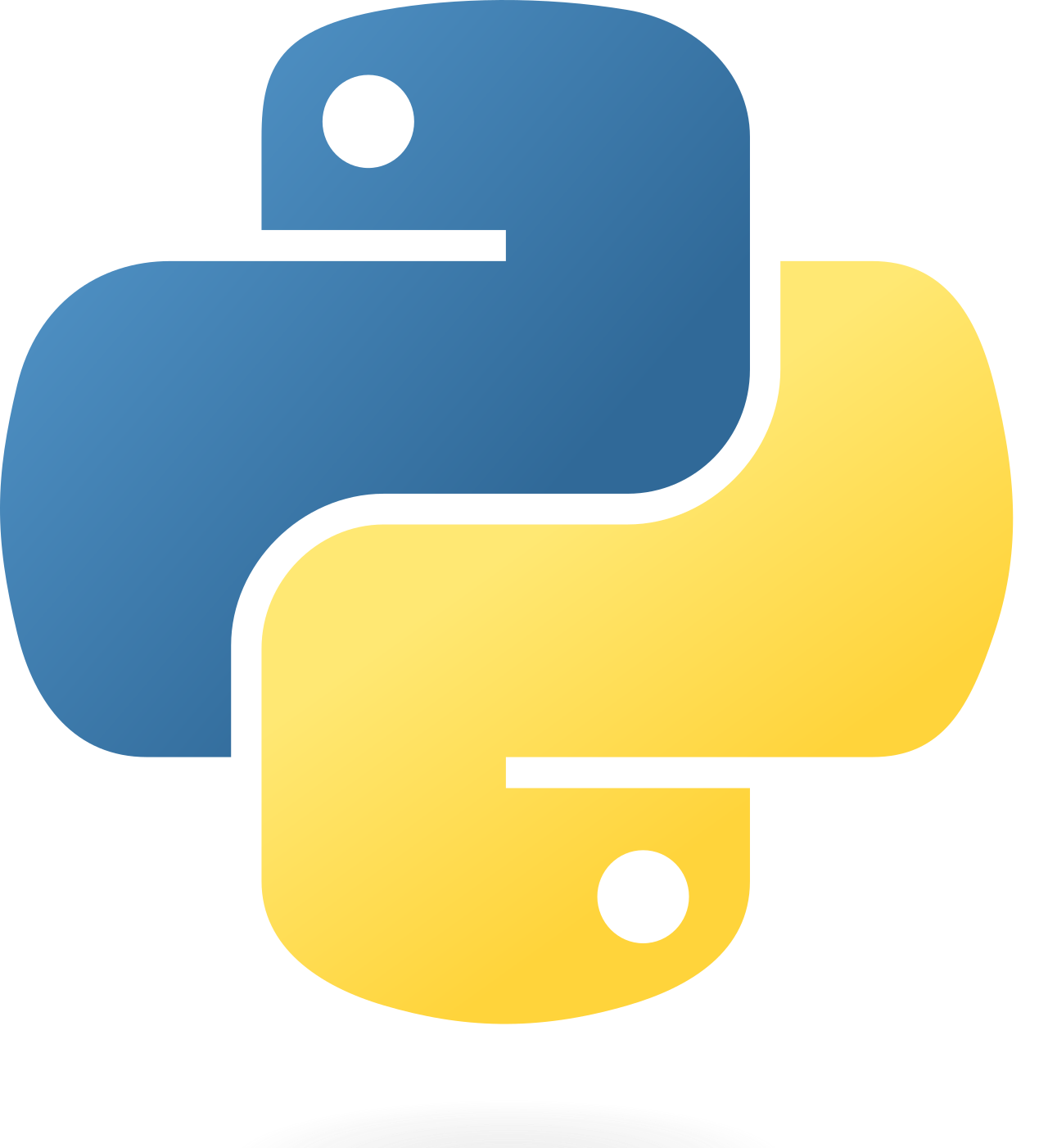
Course objectives and description
Aims: The objective of the course is to initiate young life-science scientists to python programming from scratch, fostering self-learning practice.
Organisation:
The course will include two classes per week, each about two-hours long, over a period of six weeks, in November-December 2025.
A large part of each class will be devoted to practical coding exercises.
Regular attendance to the classes should be completed by two to three hours of homework per week.
Assessment
The participants will be regularly asked to explain their code during the classes.
Coding exercises will be proposed over the duration of the course, to be finalised at home and submit for evaluation by the teaching team.
Course material
The course is based on the textbook published by Whitington (2023), as well as on online resources from the python community.
Linux desktops are provided for the classes, but participants can also bring their personal laptop, with a recent version of python 3 installed.
- Enseignant: Denis THIEFFRY